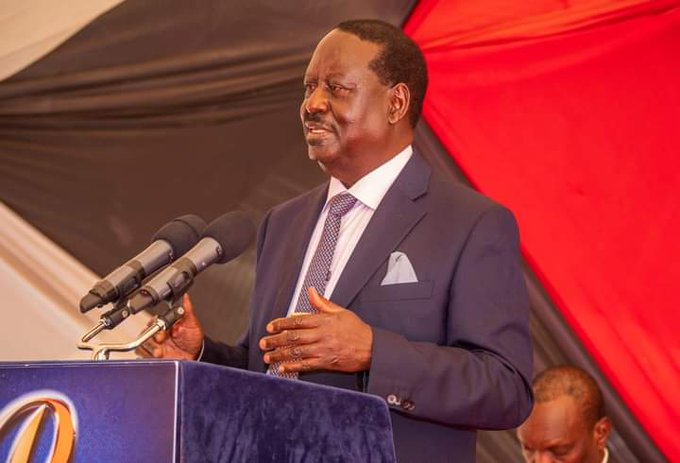Opposition leader Raila Odinga has announced a halt to the planned national dialogue process, presenting a new set of demands to the government.
In a statement on Sunday, Odinga stressed the need for justice to be prioritized before any talks can proceed.
Odinga highlighted several prerequisites, such as compensating all victims of police brutality, dismissing all protest-related cases, and releasing individuals who were abducted or jailed during the demonstrations.
He also urged the government to address grievances raised by healthcare workers and Junior Secondary School (JSS) teachers.
Additionally, Odinga insisted that the government abandon the new Social Health Insurance Fund (SHIF) in favour of the previous National Hospital Insurance Fund (NHIF) and hold accountable all security officers who committed offences during the protests.
“Once these issues are resolved, we can focus on a national conversation, conducted transparently in a neutral venue,” he stated.
Odinga proposed that representatives for the dialogue should come from various sectors, including youth, government, religious leaders, healthcare professionals, lawyers, and teachers.
He emphasized the importance of discussing issues such as governance, the high cost of living, eradicating tribalism, combating corruption, and managing debt and fiscal policies.
President William Ruto recently called for the formation of a national multi-sectoral forum to address concerns raised by the youth following nationwide protests.
The six-day dialogue process was scheduled to begin last Monday.
However, Government spokesperson Isaac Mwaura indicated last Thursday that the opposition and the government had yet to reach an agreement on some critical issues.
“Discussions are ongoing within both sides. As you may be aware, the opposition has its supporters, and they need to dialogue first, just as we are doing on our side,” Mwaura stated.
He also mentioned that a final list of individuals to participate in the forum had not yet been released.
“It is also important to note that we must not necessarily sit and talk. We may even use technology and agree on any issues. So let us be patient,” he added.
In conclusion, Odinga reaffirmed his solidarity with the young generation, which has led anti-government protests for over a month.
Initially, Odinga had supported Ruto’s dialogue initiative, describing it as “the best way forward out of the crisis we are having today as a country.”
However, he has now changed his stance, insisting that the government must meet his demands before he engages in the six-day multi-sectoral dialogue forum proposed by Ruto on July 9, 2024.
The talks proposed by Ruto were meant to start on July 15, but with Odinga’s new demands, the process now faces uncertainty.





